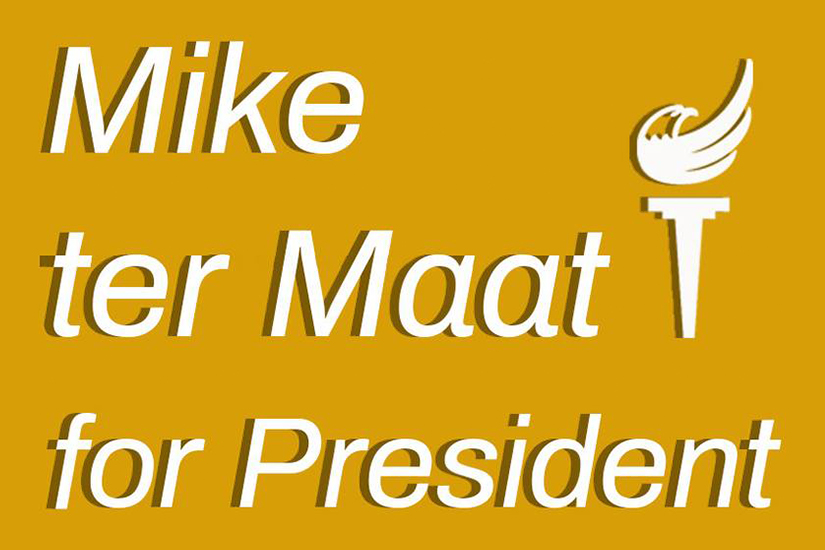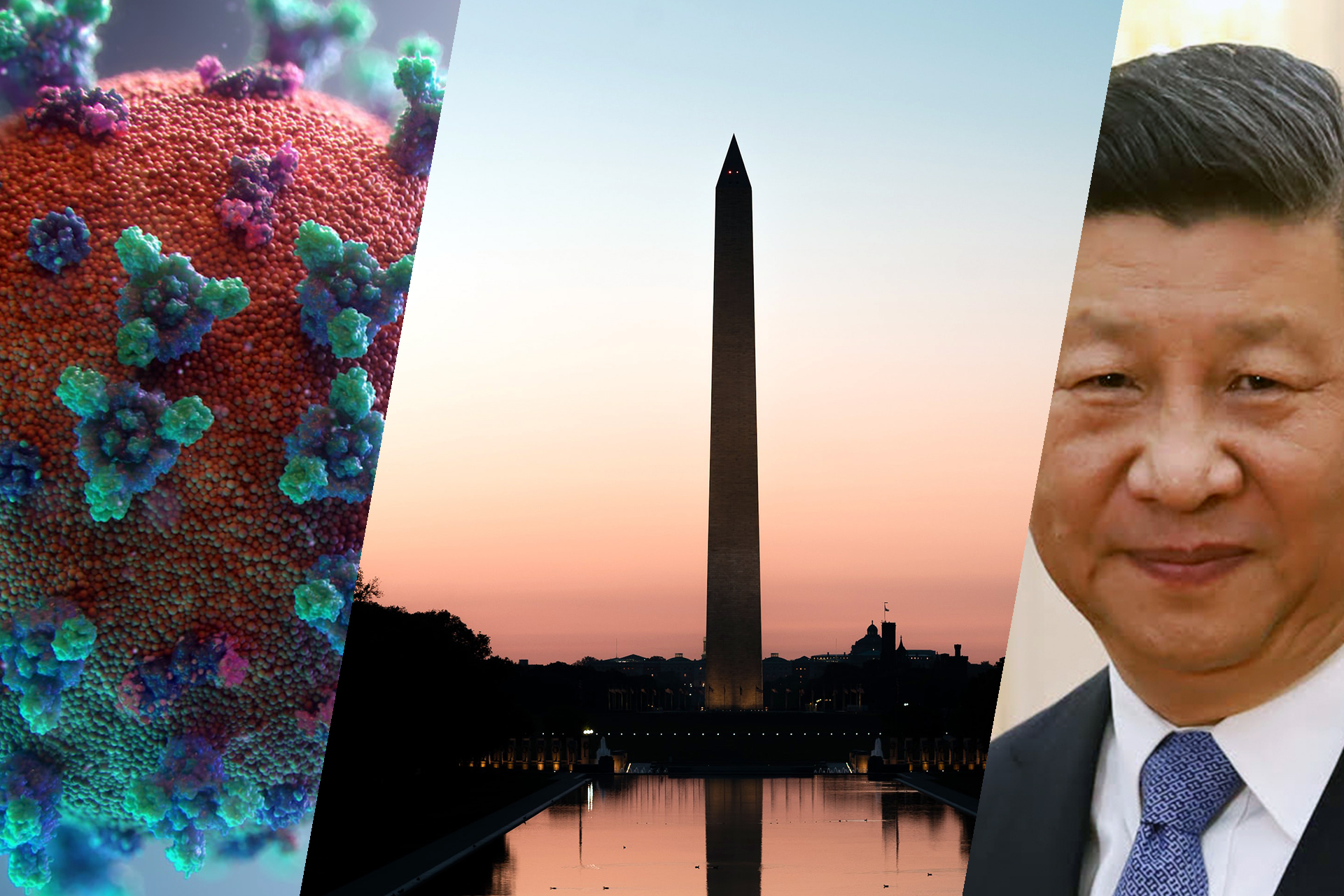Will the Libertarian Party Capitalize on Emerging Opportunity?
It is currently argued by any number of political observers that the present authoritarian moment is bound to foster a backlash in the form of a Libertarian movement. I would argue that not only this not true, but the current slide into authoritarianism is likely to continue apace, driven by undeniable populist forces, unless something is done to offer the American electorate a robust and credible alternative.
The Fear Factor
Authoritarianism is the assumption of power by politicians granted authority by a fearful electorate craving protection. This fear is so great, citizens are willing to compromise their own democratic autonomy to be protected. In America, such fear typically arises in the face of opaque and controlling public institutions. This is the root of Trump’s populist MAGA theme and the Biden Administration’s populist reticence toward easing mask and vaccine mandates despite growing consensus among elites that such measures don’t work.
Consider as evidence of the extent to which fear drives political realities in America today that, according to polling data, most members of the Democratic Party and most members of the Republican Party . . .
- believe foreign trade is bad for our jobs market,
- believe we must maintain Social Security benefits even if it means higher taxes,
- support government intervention to create jobs with infrastructure projects and industrial policy incentives,
- want the government to assume the cost of higher education,
- want to raise the minimum wage,
- want to increase regulation of Big Tech companies and
- want to restrict the flow of legal immigration.
So great are our fears that neither party seems enamored of its past aspirations. Whereas the two parties used to identify themselves along a spectrum running from laisse-faire capitalism to overt socialism, now each party’s platform is driven by conspiracy theories and mistrust. Each party’s opposition to the other is most clearly understood as the manifestation of fear of the other.
Segregation: Ignorance: Fear: Hatred
As segregation fosters ignorance, so too does ignorance foster fear, and in turn fear fosters hatred. The vast majority of Americans with an interest in politics gets its news from media outlets with no commitment to airing both sides of any issue. As a result, Americans on opposite sides of the political divide no longer share a common understanding of problems or in many cases even a common set of facts.
Consequently, most members of each party no longer recognize members on the other side as Americans first and party operatives second. Both parties claim the other side is wed to identity politics, including racism. And given this lack of common views, neither side can any longer comprehend the other side’s ambitions as fundamentally patriotic.
As a result of this lack of respect, each party has embraced as its political objective not the advancement of the policies that it favors, but keeping the other side out of power, per se. Fewer and fewer Americans are comfortable with the democratic notion that parties must take turns ruling and being ruled. As each party has lost respect for the political process, so too has each party become unmoored to the Constitution. Consider that each party has . . .
- supported steps to subvert the intention of the Constitution to control the composition of the Supreme Court,
- after its most recent presidential campaign loss, openly expressed frustration with the Constitutional provisions that allowed that to happen, going so far as to label the winner an illegitimate president, and
- laid the groundwork for claiming its future political losses to have been the result of illegitimate elections.
The Republican and Democratic parties’ drift toward authoritarian populism means that as the two parties’ distance themselves from the Constitution, the distinctions between the two parties seems relatively less consequential. So too are those differences becoming smaller as each party focuses on the other rather than on issues. As a result, the last presidential election, in 2020, I would argue was the least consequential in American history. Consider that there were no importantly articulated distinctions between the two parties’ approaches to national defense, economic growth, the War in Iraq, the War on COVID, the War on Terror, the War on Crime, the War on Drugs or the War on Poverty. Indeed, the populace is less animated by these issues than by the Culture Wars, regarding which the parties are followers, not leaders.
Call of Duty
While the choice between the Democratic Party and the Republican Party may never have been so inconsequential, the philosophy of the Libertarian Party has never been so important. The forces driving the two parties of the duopoly together, if not interrupted, will continue to drive them farther from the Constitution. We must interrupt those forces by offering the American people an alternative path to the future. This must not be merely an alternative to the Democratic Party, an alternative to the Republican Party, or even an alternative to both. We must provide an alternative to the political system that is in place today, as it is driven by mutual fear of fellow Americans.
The Libertarian Party of today is in no position to offer such an alternative. We are not even full participants in the American political game. We’re not in the presidential debates. We’re not acknowledged by the media. We’re not even recognized by the public.
We were not in the game in 2020. If you’re riding in a bus from town to town you are not running for president in the 21st Century. You may be doing something good, but you’re not running for president. And if you’re making concessions to woke culture along the way, your bus may be on the wrong path.
We were not in the game in 2016. Gary Johnson was in the game, but we were not. He was our proxy, but he was not one of us. He was our mercenary, a contracted emissary to the world. And when he was banished from the stage it was not because he failed to recognize what Aleppo was. It was because when he failed to remember what Aleppo was, he did not have an army of stalwart followers willing to keep pushing him forward. His campaign may have been the Trojan horse we wanted, but we were not inside the horse ready to jump out when the horse got inside the gate.
We must get into the game, which means doing something that we have never been able to do in the past. Doing the same things over and over again is not going to give us different results. We must be willing to change, to redirect our focus from internal issues and toward the outside world.
Change is Hard
Whether our party will be able to change is not clear. We must live in a world of real politics, willing to engage the debates of the day as they are, not as we wish they were. Absolutism cannot be our weapon of choice.
Our positions must reflect faith in the American individual, dedication to the American system of free markets, free actions and free minds, and optimism about the American future.
- Vaccine mandates vs human rights
- Economic lockdowns vs human rights
- Inflationary willy-nilly vs human rights
- Foreign interventionism vs human rights
- Political authoritarianism vs human rights
This will not be an academic fight. Most of the outside world has never heard the words of Rothbard and perhaps never even his name. Nor do most know what a caucus is, much less what each of ours represents. This is why we must take human action.
We must stop pretending that . . .
- we can become a powerful force opposing America’s slide into authoritarianism through local non-partisan elections,
- we can change people’s hearts and minds by offering a watered-down version of Libertarianism consisting of cherry-picked policies from the two sides of the duopoly,
- to be taken seriously, we need to recruit one entertainer or another to serve as our presidential nominee,
- to present as a credible ruling philosophy, we have to recruit the most radical anarcho-capitalist to serve as our presidential nominee,
- we can only gain traction in the media by co-opting a former Republican or Democratic politician to represent us,
- we are a party defined merely by our differences from the duopoly parties.
We must represent not a compromise, but a fundamental change to the way politics is approached. If the Libertarian Party ever hopes to get in the game, we must field credible players who can help the American people understand not just our tried-and-true principles, not just our lofty future ambitions, but also the immediate and intermediate public policy steps America must take to put us on the path back to a government limited by enumerated powers.
When members of our party fifty years from now, celebrating the LP’s 100th anniversary, look back on this half-century point in our party’s history, I believe they will recognize this moment not so much as a Libertarian backlash, but a libertarian opportunity. It is up to us whether what they see is a party that was narcissistically consumed with its own internal affairs, or whether it met the call of duty.



